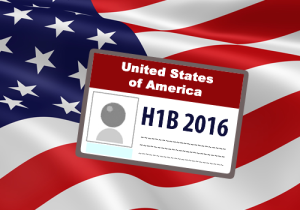Universities Get Creative: H-1B Visas After the Lottery
H-1B visas are normally subject to a lottery. Specialized jobs that require a Bachelor’s degree generally qualify for the H-1B visa. However, with a demand thrice the amount of the supply of 85,000, nearly 2/3rds of H-1B visa applicants are left on the sidelines without a visa and a lost job opportunity. For many individuals, the H-1B visa is the best and sometimes, only option. There are more than 85,000 visas available in the category. The reason for that is cap-exempt H-1B visas.
Certain institutions are exempt from the lottery, meaning that they can apply for the H-1B visa at any time of the year for a beneficiary. Instead of filing on April 1 for an October 1 start date and subjecting themselves to the randomness of a lottery, they are able to procure H-1B visas if their applications meet the standards for an H-1B visa.
Babson is among 6 US universities that is endeavoring to keep their talent in the United States by petitioning for beneficiaries as entrepreneurs through university-created residence programs. Programs of the sort are popular at universities throughout the United States. Using the program to connect the cap-exempt H-1B visa for foreign graduates is innovative. It is being called a “legal loophole,” but the paucity of visas totally incommensurate with supply has created an atmosphere where employers and universities will invent creative ways to obtain H-1B visas for their desired individuals.
